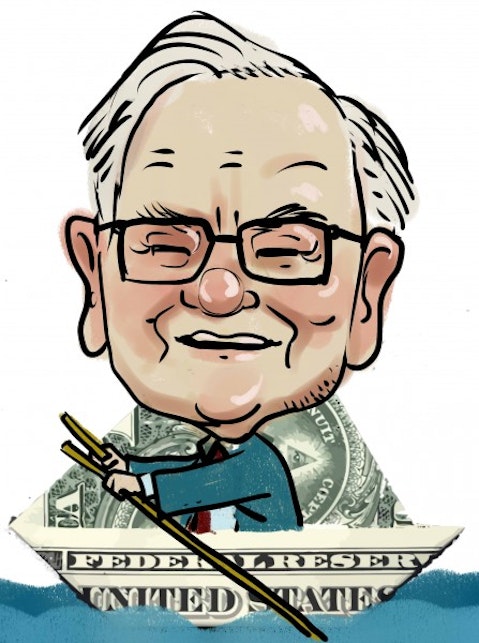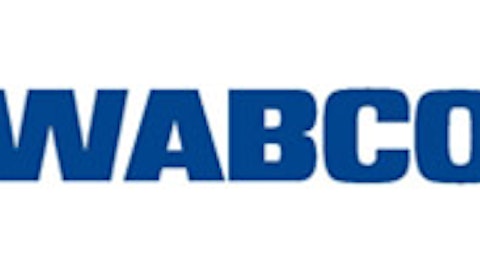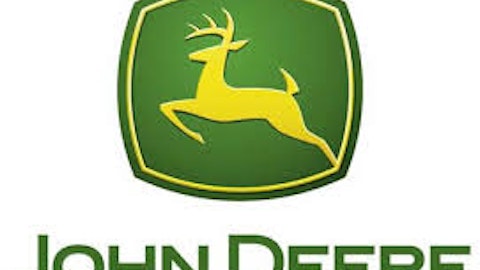Editor’s Note: Berkshire Hathaway Inc. (NYSE:BRK.B), The Washington Post Company (NYSE:WPO), General Motors Company (NYSE:GM)
5 Return-On-Equity Dividend Stocks Buffett And Lynch Would Love (Forbes)
What sort of qualities do you look for in a business when investing? It’s a key question; after all, most of history’s greatest investors—people like Warren Buffett, Benjamin Graham and Joel Greenblatt—have looked at stocks not as pieces of paper but instead as pieces of a business. They realized that, while anything can happen in the short term, over time a stock’s price will come to reflect the strength (or weakness) of its underlying business. Buffett, for example, has targeted companies that have averaged an ROE of at least 15% over the past decade. And he and a number of investment greats, including Peter Lynch, John Neff, and James O’Shaughnessy, have incorporated dividend yield into their strategies in various ways.
3 Buffett predictions for the rest of 2013 (Ninemsn)
As the fourth richest person in the world today — even after giving away roughly US$24 billion of his shares in Berkshire Hathaway Inc. (NYSE:BRK.B) so far — it’s no surprise that Warren Buffett has his every move followed so closely by investors around the world. Sure, a simple Web search makes it easy to figure out what Buffett has been up to over the past few years. But the real challenge is determining what the Oracle of Omaha will (or won’t) do going forward.
Warren Buffett Has Increased His Stake In General Motors Company (NYSE:GM) (USA Stock Report)
There had been an increase in the stakes made by the portfolio of Berkshire Hathaway Inc. (NYSE:BRK.B) of Warren Buffett and the stock to lead this list is that of General Motors Company (NYSE:GM). It had recently been noted that Warren Buffett had increased his stake in this company by 60% to comprise around $1 billion of his stock. It is worth noting that General Motors had recently been facing heavy struggles in its operational and financial performance and had reported earnings for the second quarter which was 20% lower than the earnings reported for the same quarter of previous year.
The Bezos/Buffett Bet: Why the World’s Most Savvy Investors are Buying Newspapers (EContent)
Digital editions, paywalls, and consolidation aren’t the only life rafts that can help keep newspapers afloat today. The fate of many valued dailies and weeklies may also rest in the hands of big boys with big bucks aiming for private but powerful ownership. Jeff Bezos’ recent purchase of the The Washington Post Company (NYSE:WPO) certainly isn’t a one-off anomaly. Earlier this year, Boston Red Sox owner John W. Henry snatched up The Boston Globe, Wellesley businessman Aaron Kushner bought the Orange County Register and six other dailies last year, and in 2011 the San Diego Union-Tribune was sold to hotelier Doug Manchester. Additionally, Warren Buffett acquired dozens of local papers, the newest of which are the Roanoke Times and Press of Atlantic City (although his investment firm recently dumped shares of Gannett).
Inside Warren Buffett’s Latest Investment Strategy (Bloomberg)
Prudential Fox & Roach sold to Warren Buffett company (Montgomery Newspapers)
The signs will change, but the services and leadership will remain the same. Prudential Fox & Roach, Realtors, and its subsidiary, The Trident Group, have been acquired by HomeServices of America Inc., an affiliate of Warren Buffett’s Berkshire Hathaway Inc. (NYSE:BRK.B). Financial terms of the deal, closed July 31 and announced Aug. 13, were not disclosed. The “piece of the rock” and the Prudential name will be disappearing from the sign around mid-November, according to Steve Storti, chief marketing officer of Prudential Fox & Roach, Realtors and The Trident Group. The new sign, a sort of tomb-shaped vertical, will read Berkshire Hathaway HomeServices, Fox & Roach Realtors.
Which Share Buybacks Are The Most Sustainable? (Seeking Alpha)
According to Buffett, the great advantage of buybacks is that the investor essentially reinvests the whole distribution of the company on the stock without incurring a tax bill, whereas dividends incur a tax bill. Moreover, the buybacks confirm the management’s confidence on the value of the stock. In addition, an important side benefit of the buybacks is the defensive nature of buybacks in a market correction – when a stock declines, the company can purchase a greater number of its shares, thus further increasing its EPS.






